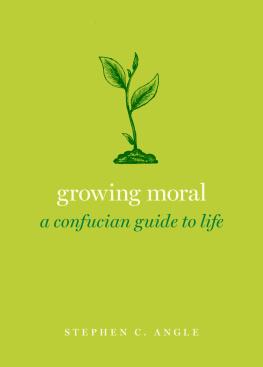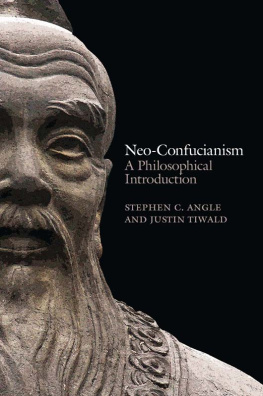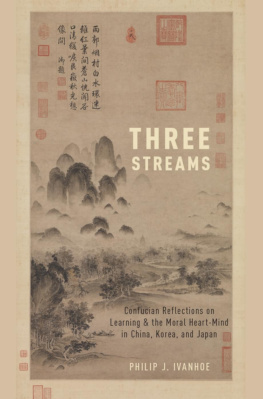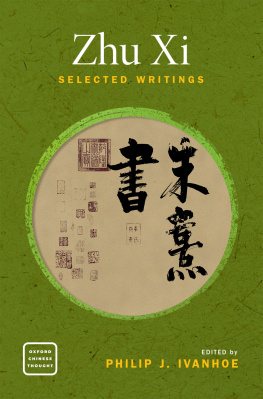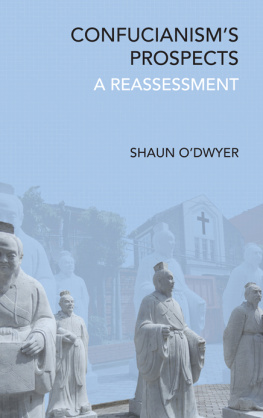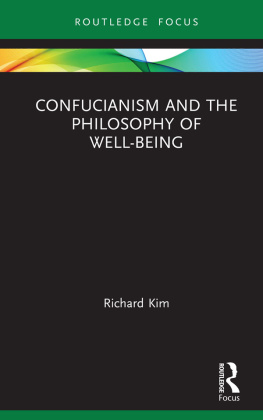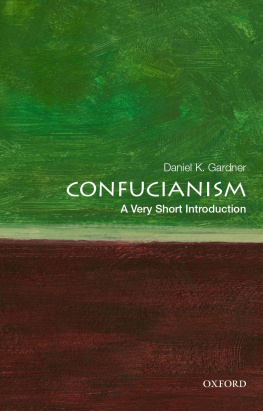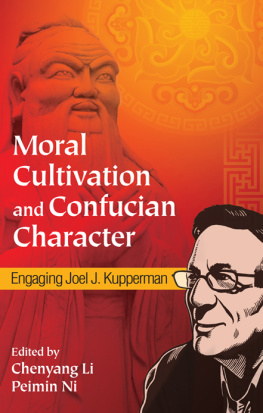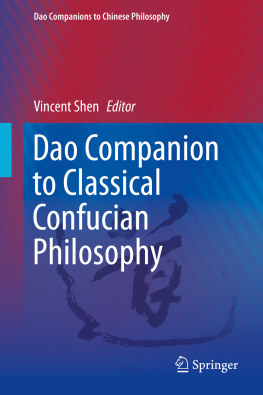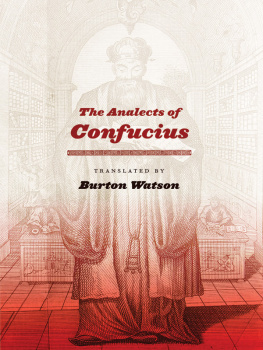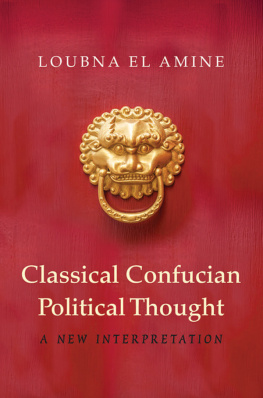GROWING MORAL
GUIDES TO THE GOOD LIFE
Stephen Grimm, series editor
Seeing Clearly: A Buddhist Guide to Life
Nicolas Bommarito
On Being and Becoming: An Existentialist Approach to Life
Jennifer Anna Gosetti-Ferencei
Choosing Freedom: A Kantian Guide to Life
Karen Stohr
Growing Moral: A Confucian Guide to Life
Stephen C. Angle

Oxford University Press is a department of the University of Oxford. It furthers the Universitys objective of excellence in research, scholarship, and education by publishing worldwide. Oxford is a registered trade mark of Oxford University Press in the UK and certain other countries.
Published in the United States of America by Oxford University Press
198 Madison Avenue, New York, NY 10016, United States of America.
Oxford University Press 2022
All rights reserved. No part of this publication may be reproduced, stored in a retrieval system, or transmitted, in any form or by any means, without the prior permission in writing of Oxford University Press, or as expressly permitted by law, by license, or under terms agreed with the appropriate reproduction rights organization. Inquiries concerning reproduction outside the scope of the above should be sent to the Rights Department, Oxford University Press, at the address above.
You must not circulate this work in any other form and you must impose this same condition on any acquirer.
CIP data is on file at the Library of Congress
ISBN 9780190062897
eISBN 9780190062910
DOI: 10.1093/oso/9780190062897.001.0001
Dedicated in loving memory to
Charles Edwin Angle III
(19392015)
Table of Contents
Several ancient philosophers held that the point of studying ethics was not just to learn about ethicsas one might learn about chemistry, astronomy, or historybut to become a better human being. They also recognized that this was not easy to do. In order for thinking about ethics to make a difference in our lives, they argued that our habits and inclinations needed to be educated right alongside our minds. They therefore claimed that what mattered to living well was not just what we thought but how we thought, and not just how we thought but how we emotionally responded to the world and to other people.
The books in this series highlight some of the transformative ideas that philosophers have had about these topicsabout the good life, and the practices and ways of life that help us to pursue it. They tell us what various philosophers and traditions have taken to be most important in life, and what they have taken to be less important. They offer philosophical guidance about how to approach broad questions, such as how to structure our days, how to train our attention, and how to die with dignity. They also offer guidance about how to deal with the sort of everyday questions that are often neglected by scholars, but that make up the texture of our lives, such as how to deal with relationships gone wrong, family disruptions, unexpected success, persistent anxiety, and an environment at risk.
Because the books are written by philosophers, they draw attention to the reasons and arguments that underlie these various claimsthe particular visions of the world and of human nature that are at the root of these stances. The claims made in these books can therefore be contested, argued with, and found to be more or less plausible. While some answers will clearly compete with one another, other views will likely appear complementary. Thus a Confucian might well find that a particular practice or insight of, say, Nietzsches helps to shed light on his or her way of living in the world, and vice versa. On the whole, the idea is that these great philosophers and traditions all have something to teach us about how to be more fully human, and more fully happy.
Above all, the series is dedicated to the idea that philosophy can be more than just an academic disciplinethat it can be, as it was for hundreds of years in the ancient world, a way of life. The hope is also that philosophy can enhance the ways of life we already feel pulled toward, and help us to engage with them more authentically and fully.
Stephen R. Grimm
Professor of Philosophy
Fordham University
September 2019
How and why to live ones life as a Confucian have occupied me for years, and I have many friends, colleagues, and family members to thank for their guidance and support along the way. One theme of this book is that Confucianism is relevant today in all corners of the world, but it remains the case that I have learned a great deal from the efforts of colleagues in China to think through and revitalize Confucian practice; my thanks to Peng Guoxiang, Chen Ming, Tang Wenming, Fang Zhaohui, and Gan Chunsong, in particular. Some of my initial thinking about this book took place while I was on a Berggruen Fellowship in Beijing in 20162017; I appreciate the great support there from Song Bin and all her colleagues.
Over the last decade or so I have become increasingly invested in the idea that philosophy is meant to be lived, not just thought about; and that approaching philosophy as a way of life means that we philosophers should teach differently (as well as live differently). A conversation with Amy Olberding about her own teaching was a breakthrough for me; Steven Horst, Tushar Irani, Lori Gruen, and Elise Springer at Wesleyan have all helped me as well, and, in some cases, this has led to shared experimentation with new forms of teaching. I treasure my experience co-directing an NEH Summer Institute in 2018 on Reviving Philosophy as a Way of Life with Meghan Sullivan and Stephen Grimm; many thanks to them and to all the wonderful participants, as well as to Elizabeth Moemeka and Gaby Parke for making things flow so smoothly. More generally, thanks to all who make Wesleyan such a healthy place for open-minded scholarship and experimental pedagogywith special appreciation to my colleagues in the Fries Center for Global Studies with whom it has been a pleasure to work over these last three years.
I have done my best to write a book that is not weighed down by scholarly rigor, but nonetheless builds on the best scholarship on Confucianism. I appreciate the feedback from colleagues and students at presentations I gave at Boston University, Fordham University, Yale-NUS College, Peking University, Duke Kunshan University, and Skidmore College. I also want to acknowledge the fine work of many previous translators of the classic texts I quote here; I take responsibility for all translations but have consulted others work and sometimes follow them quite closely.
I have bounced ideas and drafts off a number of friends and colleagues, all of whom have my deepest gratitude for helping me to think more deeply and write more clearly. Many thanks to Bin Song and Justin Tiwald, in particular, as well as to Michael Roth and Stephanie Weiner. Several members of the GodTalk group in Middletown read a draft manuscript and offered terrific feedback; thanks especially to Janet Brooks. My mother and stepfather both read the entire manuscript and provided invaluable feedback. I have also been thrilled at the support and care that Lucy Randall, Hannah Doyle, and their colleagues at OUP, in addition to series editor Stephen Grimm, have lavished on this project. Ive never had an editor contribute so much to making a book better.

